1. Practicing lousy follow-up (or none at all)
You’ve heard it said before. Good development is all about building relationships.
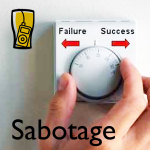 You “know” that fact. Yet how many times have you sighed over that grant proposal declination letter and filed it away with the proposal – without taking the time to contact the foundation to learn more?
You “know” that fact. Yet how many times have you sighed over that grant proposal declination letter and filed it away with the proposal – without taking the time to contact the foundation to learn more?
How many times have you sent out that thank you letter for a donation … without bothering to call personally to thank the donor?
Do your volunteers feel genuinely appreciated?
Building relationships takes time – cultivate an *attitude of gratitude* and make the time to follow through.
 Here’s a little story from my days with the Michigan State Legislature … One of our state legislators, an elderly woman of 30-some years tenure, struck fear and loathing in the hearts of all who came into contact with her. Disliked by her peers and staff alike, she was so difficult to work for that her offices were staffed with temps who lasted an average of two weeks.
Here’s a little story from my days with the Michigan State Legislature … One of our state legislators, an elderly woman of 30-some years tenure, struck fear and loathing in the hearts of all who came into contact with her. Disliked by her peers and staff alike, she was so difficult to work for that her offices were staffed with temps who lasted an average of two weeks.
Oh she was a holy terror!
Yet she was beloved in her district and served until the day she died. Why?
Promise not to laugh. This long-serving State Legislator’s secret was a simple one. She made it a point to obtain the birth-dates of every one of her constituents that she’d met and sent out birthday letters (and this was in the days before computers!).
Corny? Yes, but there’s no arguing with results.
2. Hanging out with losers
Yes, I know that there’s something that feels warm and fuzzy about commiserating with your comrades about your God-awful board or your executive director or the abysmal latest stats on individual giving or why you can’t get the approval to launch an email newsletter or …
One word. Don’t.
Sure things are tough out there. And if you watch television, are online or read the news you’ll never find a dearth of folks reporting on gloom and doom (particularly when the #1 watched *news* station is powered by right-wing corporate interests who would like to keep you living in fear). When you lunch with your development buddies or attend a local association workshop, you’ll probably hear the same thing.
Don’t listen. Stay away.
Put your focus on recognizing opportunities, creative approaches and taking action.
3. Wasting time
My long-time readers know that I am not a fan of events, at least the types of events that many smaller nonprofits are engaged in. Perhaps my prejudice stems from an instance in my early days in development as a grant writer for a mid-sized women’s organization. An annual golf outing had been scheduled (this despite the fact that we were a woman’s organization and nary a board member even played golf) and I found myself constantly pulled off task by the director of development to assist the event planner in such tasks as tying goodie bags, driving miles to pick up *free* donated goods, etc., etc. In the end, this event netted less than $5,000.
Being busy does not equate with being effective.
4. Not creating systems
If you’re a *seat of the pants development director* you’ll never develop truly sustainable funding. Know how much you need to raise from individuals and grants. Develop a strategy for public relations and using social media. Create systems for implementation.
My own systems were created nine years ago when I served in my first position as development director for a small regional nonprofit. I had a total of 15 hours a week to make a difference – and you’d better believe I wasted no time in creating categorized systems to make it happen. Every week I mailed out between one and three grant proposals. I made it a practice to connect with four or five donors every week. I attended the local Rotary meeting without fail every week. And our organization had a column in the weekly community newspaper so we were in the public eye regularly.
5. Living with poor self-discipline
It gets tougher and tougher, doesn’t it? All the distractions of daily life – email, Twitter, Facebook, the phones – don’t make getting your job done any easier.
Do yourself a favor and check out this clip from Dan Ariely on procrastination.
Now tell me. Have you started your organization’s monthly giving program? Why not? Does your organization have a regular (once a month minimum) email newsletter? Why not? Have you made your thank you calls to donors today? Why not?
Make a commitment – and hold yourself accountable.

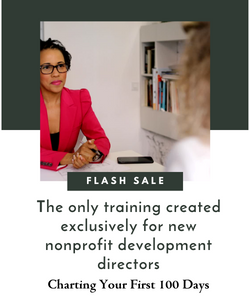
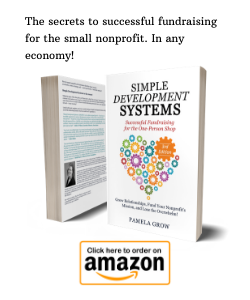
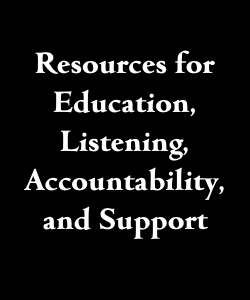
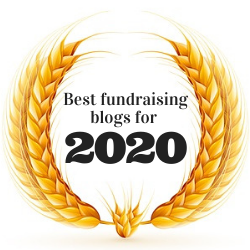







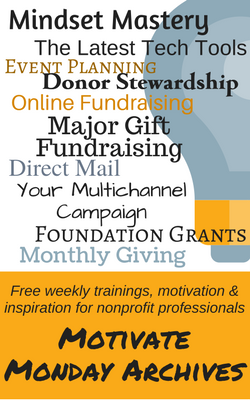




 I can’t wait to meet with you personally.
I can’t wait to meet with you personally.
Comments on this entry are closed.